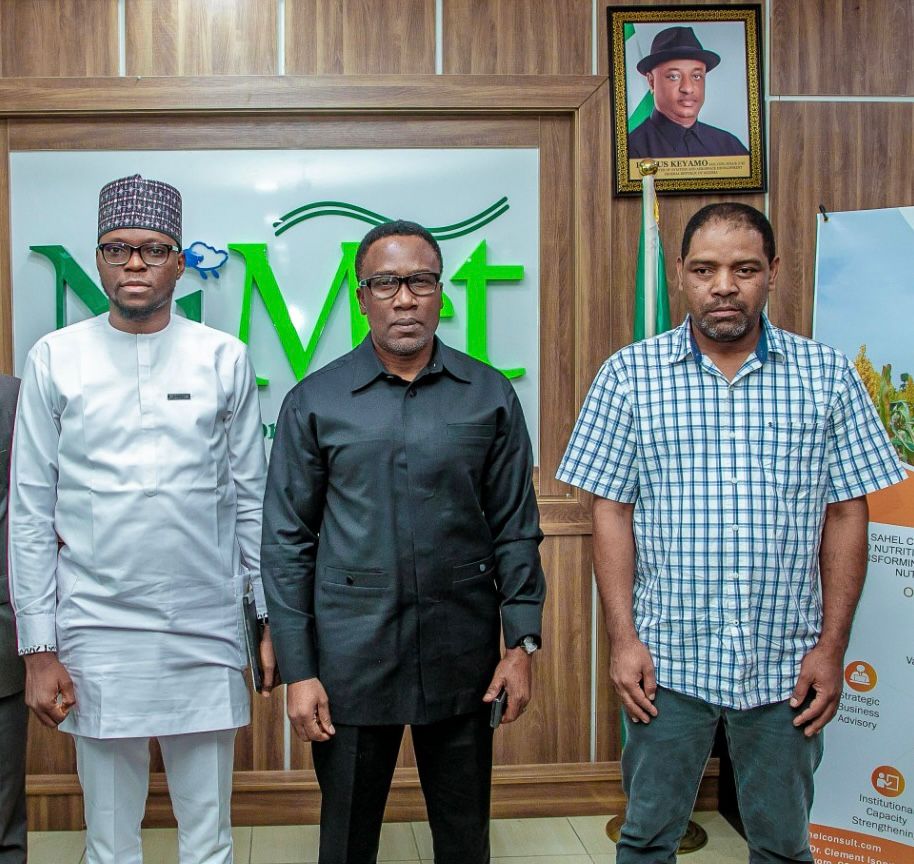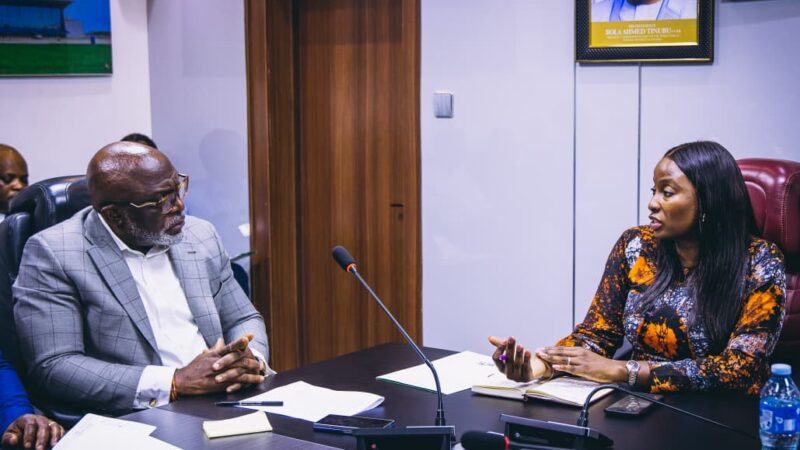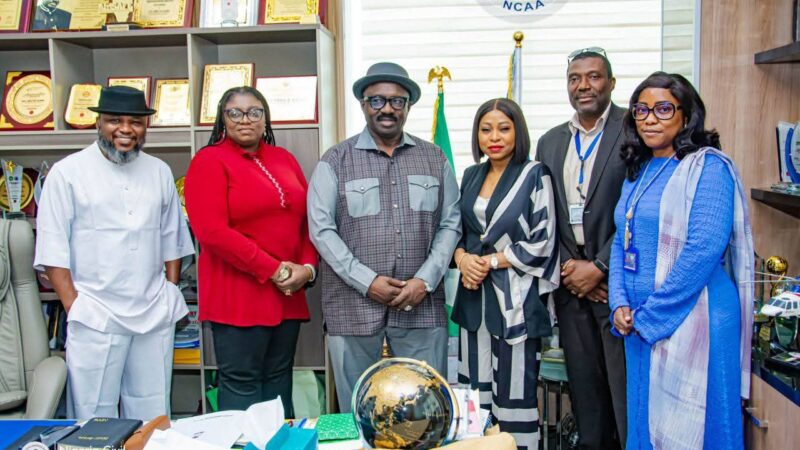NiMet Launches Training on Advanced Weather Stations to Boost Agricultural Resilience

The Nigerian Meteorological Agency (NiMet) has embarked on a significant training initiative aimed at enhancing the quality and availability of climate data.
In a statement, the agency said this initiative focuses on the configuration of automatic weather stations (AWS) and the use of climate data tools (CDT).
The training is expected to combine station data with satellite information, ultimately improving data accuracy and reliability.
Prof. Charles Anosike, the Director General and Chief Executive Officer of NiMet, highlighted the importance of this training during its opening ceremony at NiMet’s headquarters.
He emphasised the agency’s commitment to ensuring that its staff are well-equipped with the latest skills in weather and climate application tools.
“The training is in line with NiMet Management’s determination to ensure that staff are adequately trained and skilled in modern trends in weather and climate application tools,” Prof. Anosike stated.
The training is conducted under the Building Agricultural Systems Resilience in Nigeria Project, a collaborative effort with Sahel Consulting.
Prof. Anosike praised this initiative as a crucial support for the government’s efforts to enhance food security, provide early warnings, and protect lives and property.
“This training marks a significant milestone in the ongoing efforts to enhance the resilience of agricultural and food systems in Nigeria. Agriculture, being the highest employer of labour in the country, is the backbone of our economy, providing livelihoods for millions of Nigerians and ensuring food security for our growing population,” Prof. Anosike said.
He acknowledged the challenges facing the agricultural sector, particularly those posed by climate change, such as erratic weather patterns, extreme weather events, and shifting climatic conditions, which threaten agricultural productivity and sustainability.
In his concluding remarks, Prof. Anosike urged all participants to actively engage in the training and to be prepared to transfer their newly acquired knowledge and skills to their colleagues.







